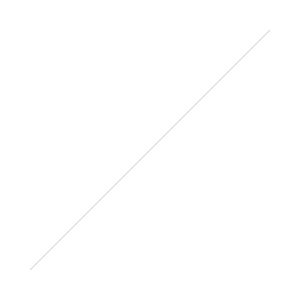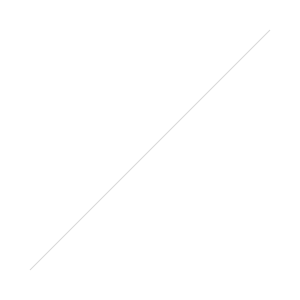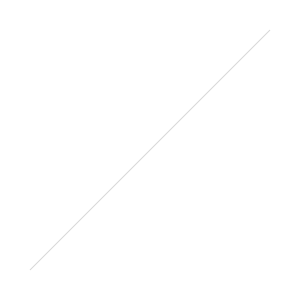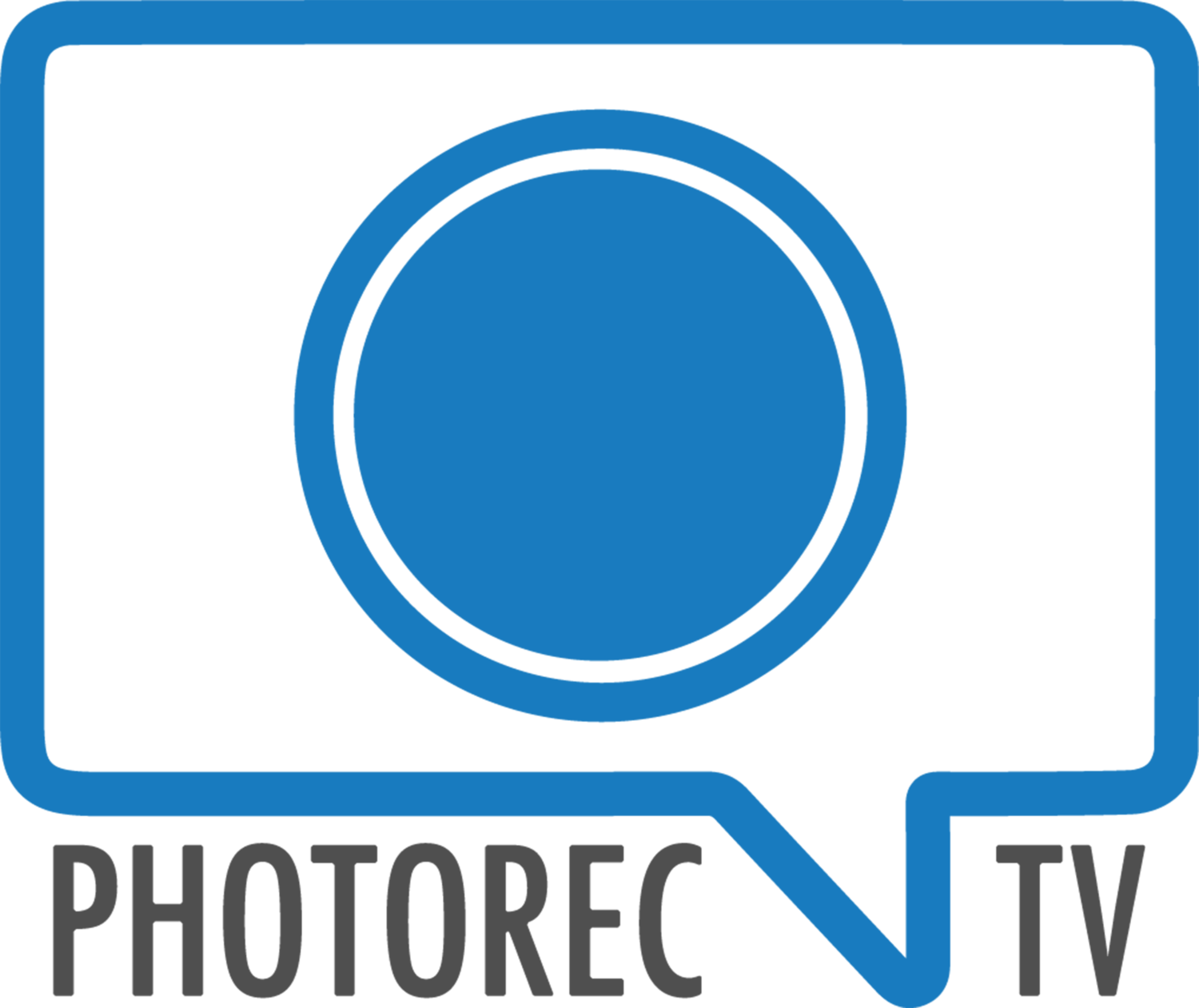Film vs Digital
/ One of my viewers shared his thoughts on film vs digital and did a nice cost benefit analysis. I asked if I could share it as a post and he agreed. Thanks to Norbert from Belgium for sharing. I'd like to talk to you a little about (spoiler alert )...old-fashioned analog photography. One and a half years back I became seriously interested in photography after my purchase of my first DSLR (Rebel T3 with the 17-50 f/2.8 Tamron. I rather wanted the fixed aperture instead of a more expensive body with a flippy touchscreen) and purchased my first prime lens last spring (the new Sigma 30mm f/1.4). Since then I've spend a good $1300,- worth of camera equipment. That amount of money is a lot for a just graduated vet with photography as (just) a hobby. After being inspired last summer by a friend owning a Canon AE-1 Program, I began calculating the cost of analog photography. I did a little search on eBay and estimated that with a budget of around $130,-, I could buy myself a professional level SLR. I made a little Excel sheet to calculate the price per photo if I would bring the film rolls to a local lab to get it developed and scanned on a CD (that way I avoid printing costs).View the spreadsheet in own windowI came to a price of $0,32 cents per photo (Calculated the prices roughly to dollars, but maybe real American prices differ a bit). Eventually I bought an Olympus OM-2 (because of it's compact size and huge viewfinder) with a 50mm f/1.8, 35mm f/2.8, a little flash and batteries for both the camera and the little flash for a total of $120,-. So far, I'm really happy with it for four reasons:
One of my viewers shared his thoughts on film vs digital and did a nice cost benefit analysis. I asked if I could share it as a post and he agreed. Thanks to Norbert from Belgium for sharing. I'd like to talk to you a little about (spoiler alert )...old-fashioned analog photography. One and a half years back I became seriously interested in photography after my purchase of my first DSLR (Rebel T3 with the 17-50 f/2.8 Tamron. I rather wanted the fixed aperture instead of a more expensive body with a flippy touchscreen) and purchased my first prime lens last spring (the new Sigma 30mm f/1.4). Since then I've spend a good $1300,- worth of camera equipment. That amount of money is a lot for a just graduated vet with photography as (just) a hobby. After being inspired last summer by a friend owning a Canon AE-1 Program, I began calculating the cost of analog photography. I did a little search on eBay and estimated that with a budget of around $130,-, I could buy myself a professional level SLR. I made a little Excel sheet to calculate the price per photo if I would bring the film rolls to a local lab to get it developed and scanned on a CD (that way I avoid printing costs).View the spreadsheet in own windowI came to a price of $0,32 cents per photo (Calculated the prices roughly to dollars, but maybe real American prices differ a bit). Eventually I bought an Olympus OM-2 (because of it's compact size and huge viewfinder) with a 50mm f/1.8, 35mm f/2.8, a little flash and batteries for both the camera and the little flash for a total of $120,-. So far, I'm really happy with it for four reasons:
- It really feels like a machine that will last. It's sturdy, solid and older than me.
- In your shows and reviews, camera size is always a big issue and I agree. I think the motto "The best camera is the camera you have with you" is absolutely true.
- The smaller and lighter a camera is, the bigger the likelihood of bringing it with you. The size of my DSLR sometimes hold me back to bring it to, let say, a simple night out at a restaurant. Old pro-level SLR's are significantly smaller and lighter, and so are the lenses. It's a full frame SLR in the shape and size of a modern compact camera.
- It's full frame. Shooting at f/1.8 on a crop or FF sensor (or film ;)) definitely makes a difference.
You have to think about your exposure settings and the photos you take. On a DSLR you can cheat. Great, but it doesn't learn you much. A SLR pushes you to 'read' the light and to be fully in charge of the composition of a photo (and not waste a few shots to check your composition afterwards). You really have to "think before you click" .Returning to the financial side of things, I wanted to compare my digital versus my analog equipment. I had a bias towards digital (like most people probably) that digital has the big advantage that you can shoot for free. I calculated that I would have to shoot 70 rolls of film before the costs of my analog equipment would equal the costs of my digital equipment. Assuming that I shoot four 36-rolls a month (one per week), that would take me 2.25 years. I think for the average amateur photographer, that's not much shorter than the period after people tend to upgrade their gear. Additionally, upgrading your analog equipment, by for example buying that extra lens, is also much cheaper and with the difference in money you can buy some film again.Editors Note: Here in the US MPIX.COM will develop negatives for 0.19/exposure extending the time to 2.56 years.And yes, there are drawbacks to analog photography of course. Mainly two big ones, I feel.
- You're fixed with the same ISO during one roll of film. It’s a huge drawback when combining outdoor with indoor shooting. A small note along the side is that analog noise is prettier than digital noise, but still, it's a handicap.
- No RAW files. I'm not developing my own photos (yet, maybe), but RAW is a definite miss. Nothing will beat RAW when it comes to equalizing the exposure over the whole picture (think highlights and shadows).
Of course, analog photography would be impossible harder for the modern professional photographer. But I think it's a good 'instrument' for the amateur level photographer, I thought it might be a good idea to share this idea with you. Analog photography is often regarded as a bit romantic and hipster (think Lomography). I would like to point out that analog photograph can also be a good alternative for the rationally thinking amateur photographer.I added two of my favorite images from my last film roll .
 All the best from Ghent, Belgium,Norbert
All the best from Ghent, Belgium,Norbert



